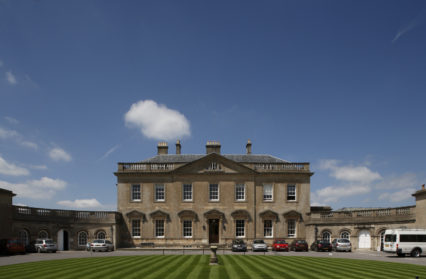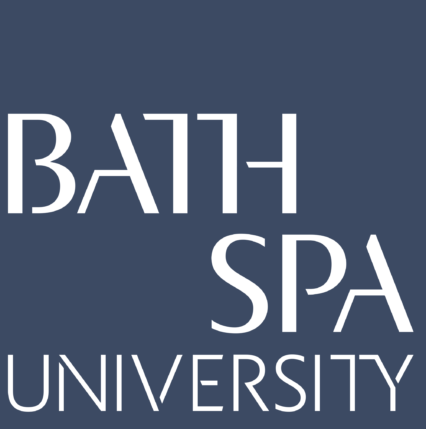Siân Melangell Dafydd introduces our new series, in partnership with Bath Spa University, exploring the field of transnational literature and writing.
Urgency is in the air this week as many of us declare which side of the fence we stand on, but, even as I type, I realise the inadequacy of that expression for this situation. The fence is only being built by some.
Transnationalism is a relatively new concept in the study or understanding of literature and other art forms. What is it? Rather than starting a discussion, dissecting the multi-meanings of a word here, I am proudly launching a series of work which, in its making and meaning, will allow the Wales Arts Review readers to discover and consider this umbrella concept, for themselves. To celebrate the launch of a Master of Research in Transnational Writing at Bath Spa University, the first of a series of new works will be published in Wales Arts Review.
‘There is indeed so much more that unites us than divides us,’ said Gary Raymond, echoing Jo Cox’s words, in his editorial only a few days ago. Never before has it been more important for us to use our own words to reach over and right through perceived differences between people.
In collating the works for this special season, it has become increasingly clear to me how all the writers (and all people, I would argue) have multiple voices within them. We represent, within us, marriages, migrations and beautiful words from a mishmash of places that make our way of speaking awesome (read the real sense of the word ‘awe’) and ours – yes, all of us. Some of the items selected for this season deal directly with what it means to live a life that transforms our superficial understanding of identity. Others, in their research and collaborative methods, have traversed and transformed frontiers, and their creative DNA is new because of their unique process of becoming.
This is not a series of works in translation, as my initial thought had been when I approached Wales Arts Review. Indeed, a lot of incredible work takes place in collaborative translation workshops: work that deserves space. However, from collaboration and translation comes new creative work. I don’t know a single person who has left a conversation with someone from another country without feeling engaged and re-connected with the vibrant essence of what it is to be alive. So this collaboration with WAR developed into one embracing creative translations as well as work that dealt with transnationalism in subject, practice or research. We will be presenting work from staff and students of Bath Spa University and their partners – Stockholm University and The University of Adelaide – but also making visible a network of diverse writers and organisations who work towards connections across borders: Literature Across Frontiers, the Mercator Institute of Aberystwyth University, Jadavpur University and Taliesin review to name a handful.
‘Cells that fire together, wire together,’ as neurologists say. We will start the series with a fascinating transformation of Pigeon by Alys Conran – written in English but arguably, it’s pulsating language is Welsh – translated ‘back’ into the Welsh by Sian Northey recorded in Welsh at the farewell party of Taliesin review and translated into English here (transformations galore). We will travel to India, Iceland, Italy, Palestine, Bosnia, Sweden and more, before returning to Wales. And, in doing so, this is a call to action. In the words of someone born far away from my own square mile, but who manages to make nothing of the distance: ‘We use words to understand each other and even, sometimes, to find each other,’ (José Saramago).
A Master of Research in Transnational Writing, encompassing writing practices across and between frontiers and creative research methods, such as cross-genre and cross-border collaborations, could not have arrived on the academic map at a more appropriate time. Artfulness breaks fear. Let’s break fences; let’s find each other through our different languages. I am pleased to present an inspirational family of works in the coming weeks, from translations to discussions, articles, memoirs and fiction, all of which explore transnational creativity in some respect – for readers to discover and question for themselves what transnationalism is or could be. We live in a time when writing our intricate selves and burrowing through borders is not only a pleasure, but a political necessity and a matter of urgency.
Siân Melangell Dafydd is Co-ordinator of the MRes in Transnational Writing, Bath Spa University. For more information, contact enquiries@bathspa.ac.uk













